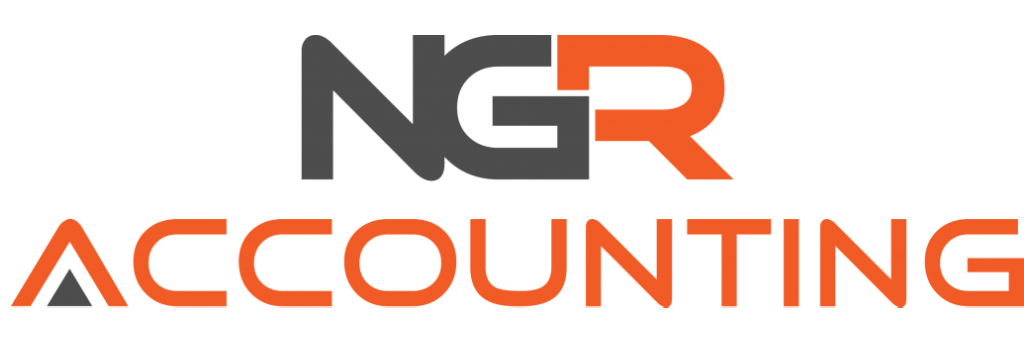Setting up the right tax structure for your business:
Whether you have been in business for years or you are just starting out, choosing the right structure for your business is important. This week’s topic focus on each tax structure you need to consider when starting up a business, or whether changing tax structures (with the upcoming financial year) is the right move for you. This blog along with Nathan’s YouTube video highlights everything you need to know about this important business topic.
The importance of the right tax structure:
One of the most important aspects of setting up a business is getting your tax structure right the first time. This saves from having the troubles of restructuring in the future.
However, with the end of the financial year slowly upon us, if changing your businesses tax structure is best for its current state, then the process of restructuring is important step in the right direction.
There are a few types of tax structures that business will operate as. These being…
- Sole trader
- Partnership
- Company
It is an important decision choosing your businesses tax structure as each of these options all contain different aspects and roles within business that will suit each individual differently.
Sole Trader:
In general terms, a sole trader is an individual who is the only/exclusive owner of a business. Regarding all the tax structures, a sole trader business is the easiest and most simple type to set up, while also being inexpensive.
Some considerations you will need to keep in mind as a sole trader are….
- Easy & inexpensive to establish.
- You are legally responsible.
- Have a good insurance policy.
- Apply for an ABN in your name.
- You can register a business name should you not want to trade under your own name.
- Owner takes all profits and access to all losses.
However, as a sole trader it is important to acknowledge the concern that will come with the limited liability piece. If anything were to happen or go wrong with the business and the insurance policy does not cover you, its highly possible that you will be personally liable if anything were to happen. Also, with being a sole trader there is limited opportunity to reduce tax because you being the only owner means that the profits must go in your own name.
Partnership:
The second option for setting up your business is a partnership. This option is not used often when setting up a business as it restricts growth when partners are possibly being added or departing. A partnership is where two or more people or other entities that share the profits and liabilities of a business.
Some considerations you will need to keep in mind as a partnership are….
- Easy & inexpensive to establish.
- The partnership has its own TFN, ABN and GST registration.
- Equity interest be equal or difference e.g., 40/60 split.
- Partners share in profit based on their partnership share.
However, one of the reasons not many individuals choose a partnership structure is the risk around the partnership falling through. If your partnership were to fall through, potentially if there were any liabilities left in that business after dissolving any assets, one partner may end up paying off more of the liability than another.
Company:
The third structure is a company. A company is a separate legal entity and is completely different to the sole trader or partnership. Shareholders are the owners of each company, as each shareholder own a percentage of the business. One of the main reasons many clients choose the company structure is the limited liability. So, if something were to happen to the company, the company is sued rather than the individual (unless the directors have intentionally done something wrong).
Small business owners often use a type of company structure called a proprietary limited company, which has the words ‘Pty Ltd’ after the name. This type of company does not sell its shares to the public and has limited liability.
Pros and Cons of being in a company structure:
| Pros | Cons |
| – Limited liability
– Asset protection – Corporate tax rate – Has its own legal rights. – Unlimited life – Ability to grow beyond one owner/shareholder |
– Setup cost are greater.
– Ongoing costs to operate are higher (accounting, workers compensation) – Corporate veil can be lifted. – Understanding company concepts and director responsibilities – Insolvent trading risk to directors personally. |
Setting up the correct tax structure for your business is an important step that needs to be thought through efficiently.
If your having trouble choosing a tax structure, NGR accounting offer a set up my business package where we can help guide you through these big decisions you have to make as a new potential business owner.
